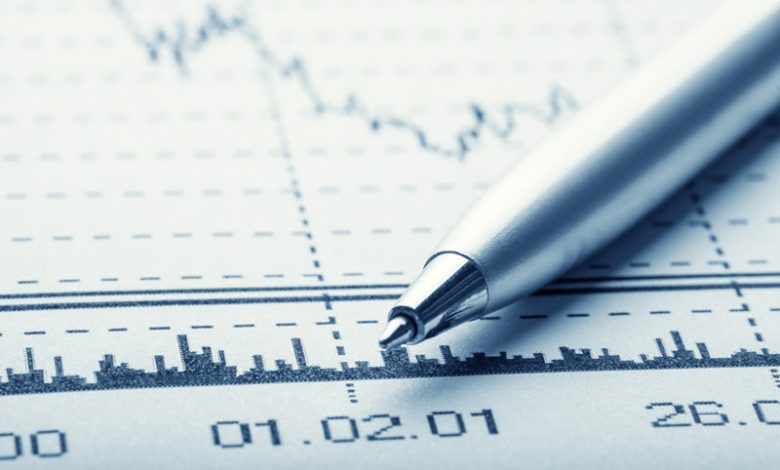
Fed’s Dovish Shift Presents Mixed Blessings for BOJ Rate Hike Strategy
By Leika Kihara
JACKSON HOLE, Wyoming – The U.S. Federal Reserve’s recent dovish stance may provide the Bank of Japan (BOJ) some breathing room in its struggle to manage a weakening yen, but it could complicate the BOJ’s plans to raise interest rates if diverging approaches from the two central banks result in heightened market volatility.
During a recent symposium in Jackson Hole, Fed Chair Jerome Powell stated that "the time has come" to reduce rates, citing increasing risks in the job market that leave no space for additional weaknesses, signaling an impending easing of policy.
Shortly after, BOJ Governor Kazuo Ueda addressed parliament, asserting that while the BOJ will monitor the effects of unstable markets, it intends to proceed with rate hikes if inflation remains on a stable trajectory toward the 2% target.
Following Ueda’s comments, the yen gained ground against the dollar, bolstered further by Powell’s remarks, as investors contemplated the prospect of a narrowing interest rate gap between the U.S. and Japan.
"The yen’s gains today are logical given that Governor Ueda displayed minimal signs of changing the BOJ’s views in light of the recent market turbulence," noted Derek Halpenny, head of research at MUFG.
The yen’s rebound is a welcome development for the BOJ, which is facing political pressure to prevent further declines that contribute to rising costs for imported goods.
However, uncertainties surround the BOJ’s path to raising rates, as Japan navigates a global trend of rate cuts, potentially leaving its currency and stock markets vulnerable to significant fluctuations.
Having experienced a market upheaval after its rate hike in July, the BOJ recognizes the need for cautious navigation. Ueda remarked on the importance of vigilance concerning market trends, suggesting that significant fluctuations could influence policy decisions, particularly if they affect inflation forecasts.
Domestic political dynamics also pose challenges to the BOJ’s approach to rate hikes, as Prime Minister Fumio Kishida, who appointed Ueda, is about to step down, handing over leadership to the winner of the impending party election.
While leading candidates in the race have generally supported the BOJ’s strategy for gradual rate adjustments, there are concerns that a new prime minister may hesitate to endorse higher borrowing costs if volatile markets impact corporate earnings.
"Given the uncertainties, the BOJ is unlikely to take bold actions," said former BOJ board member Makoto Sakurai, dismissing the likelihood of another rate increase this year. "The BOJ could struggle to raise rates until the political situation stabilizes."
A recent poll revealed that many economists predict another BOJ rate hike this year, with a stronger preference for December over October for potential adjustments.
ECONOMIC DISPARITIES PRESENT RISKS
The BOJ’s unexpected rate hike in July and Ueda’s indications for further increases disrupted financial markets, prompting the deputy governor to provide dovish reassurances that no hikes would occur until market conditions stabilized.
Ueda’s key message suggested that while the BOJ won’t rush to implement rate hikes, the recent market upheaval won’t derail its long-term goal of gradually increasing borrowing costs, according to sources familiar with the bank’s strategy.
Analysis of recent BOJ commentary indicates a continued supportive view toward rate hikes, with a positive outlook on inflation, as reported by Jeffrey Young, CEO of DeepMacro.
"There is a likelihood we could see another hike by the end of the year," Young commented, noting that unless market disruptions occur, solid inflation and growth metrics should support the case for further rate increases.
However, some analysts express caution regarding the robustness of Japan’s economy. Despite a rebound in consumption during the second quarter, rising living expenses have negatively affected household sentiment, and a potential slowdown in the U.S. market could impact exports.
"Domestic demand appears quite weak," stated Sayuri Shirai, an academic at Keio University in Tokyo. "Economically, there seems to be little justification for the BOJ to raise rates at this time."
 GOOGL
GOOGL  META
META 


